

The Sun Never Sets(2012)
Smithsonian Magazine once asked the rhetorical question, 'Can a weekly paper in rural New Mexico raise enough hell to keep its readers hungry for more, week after week?' The Rio Grande Sun, published in Espanola, New Mexico is considered one of the best weekly newspapers in the country. The Sun is known for its investigative reporting. It broke the story that its own rural community had the highest per capita heroin overdose rate in the country. It has led the fight for open records and open meetings in a county where political shenanigans are the rule. The film follows the Sun's reporters and editors as they write about the news, the sports, the art and culture of a large rural county. John Burnett, an NPR correspondent, reports on the Sun's Police Blotter--'the best in the country.' Tony Hillerman, the celebrated author and newspaper editor, speaks eloquently about the value of community newspapers. The Sun Never Sets is narrated by Bob Edwards, Peabody Award winning news anchor.
Movie: The Sun Never Sets

The Sun Never Sets
HomePage
Overview
Smithsonian Magazine once asked the rhetorical question, 'Can a weekly paper in rural New Mexico raise enough hell to keep its readers hungry for more, week after week?' The Rio Grande Sun, published in Espanola, New Mexico is considered one of the best weekly newspapers in the country. The Sun is known for its investigative reporting. It broke the story that its own rural community had the highest per capita heroin overdose rate in the country. It has led the fight for open records and open meetings in a county where political shenanigans are the rule. The film follows the Sun's reporters and editors as they write about the news, the sports, the art and culture of a large rural county. John Burnett, an NPR correspondent, reports on the Sun's Police Blotter--'the best in the country.' Tony Hillerman, the celebrated author and newspaper editor, speaks eloquently about the value of community newspapers. The Sun Never Sets is narrated by Bob Edwards, Peabody Award winning news anchor.
Release Date
2012-10-17
Average
0
Rating:
0.0 startsTagline
Genres
Languages:
Keywords
Similar Movies
 6.8
6.8It's Hard Being Loved by Jerks(fr)
The murder of Dutch filmmaker Theo van Gogh by an Islamic extremist in 2004, followed by the publishing of twelve satirical cartoons depicting the prophet Mohammed that was commissioned for the Danish newspaper Jyllands-Posten, provides the incendiary framework for Daniel Leconte's provocative documentary, It's Hard Being Loved by Jerks.
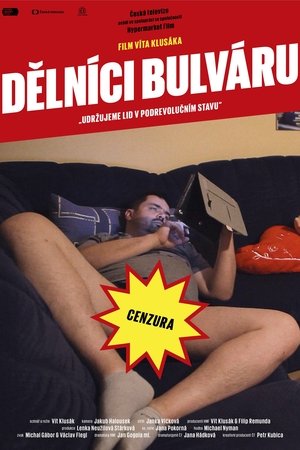 0.0
0.0Tabloid Workers(cs)
This documentary study of the mechanisms that turn the gears of the tabloids is conducted by the unique figure Pavel Novotný. This editor-in-chief of one of the most widely read Czech media outlets of the time, providing news from the world of show business and human misfortune, gets straight to the point. Readership is a fetish, an absolute alibi for all invasions of privacy and every transgression of good ethics. Seen up close, the whole cluster of disreputable reports looks like a staged tableau. Before the eager eyes of an anxious public, celebrities willingly or unwillingly perform acts that the scrutiny of the all-powerful tabloid workers attributes racy significance to.
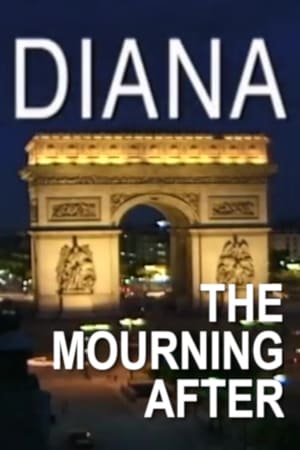 6.6
6.6Princess Diana: The Mourning After(en)
In "Diana: The Mourning After" Christopher Hitchens sets out to examine the bogusness of "a nation's grief", tries to uncover the few voices of sanity that cut against the grain of contrived hysteria. His findings suggested that the collective hordes of emotive Dianaphiles sobbing in the streets were not only encouraged but emulated by the media. In the aftermath of Diana's death a three-line whip was enforced on newspapers and on TV, selling the sainthood line wholesale. The suspicion was that journalists, like the public, greeted the death as a chance to wax emotional in print, as a change from the customary knowing cynicism, to wheel out all those portentous phrases they'd been saving up for the big occasion. Sadly, they just seemed to be showboating; the eulogies, laments and tear-soaked platitudes ringing risibly hollow.
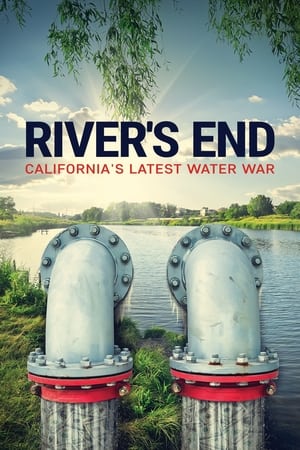 7.5
7.5River's End: California's Latest Water War(en)
A documentary that reveals California's complex struggle over who gets fresh water, and how moneyed interests game the system. Constant battling over uncertain water supplies heralds an impending crisis—not just in California, but around the world.
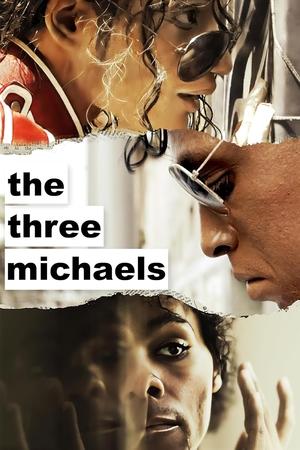 5.5
5.5The Three Michaels(en)
Desperate to become as rich and successful as their idol, a trio of Michael Jackson impersonators hustle their way into Hollywood agencies, are accosted by paparazzi, and cross paths with Grammy-winning musicians as the American dream seems tantalisingly close. But as they perform for dollar bills and sleep in their car, the reality of the ruthless entertainment industry they dream about hits home.
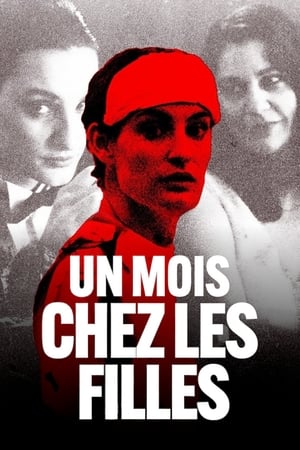 9.0
9.0A Month With the Girls(fr)
The French female pioneer of immersion journalism, Maryse Choisy, who infiltrated in 1928 the prostitution underworld of Paris. Posing as a chambermaid, a lesbian bar dancer and more, she wrote a very successful and scandalous book about that avant-garde experience, and changed her mind about this world and these women's difficult condition.
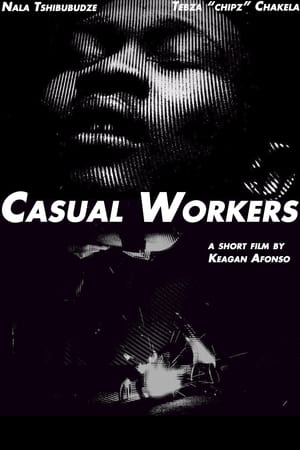 0.0
0.0Casual Workers(en)
An abstract perspective into two young South African workers in the heart of Johannesburg's industrial sector during Covid-19
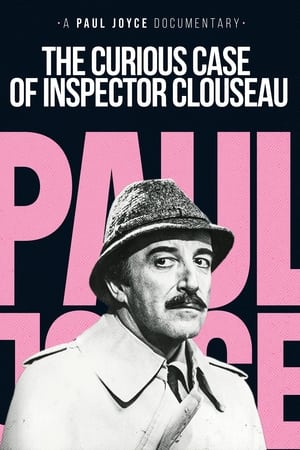 0.0
0.0The Curious Case of Inspector Clouseau(en)
DA-DUN DA-DUN DA-DUN-DA-DUN-DA-DUN-DA-DUN-DA-DUUUUN Henry Mancini’s iconic score, Peter Sellers’ bumbling Inspector Clouseau, and those unforgettable animated opening sequences - delve into the history of the Pink Panther films, the pink diamond hunting comedy-mystery franchise that was a smash hit, made a megastar of Peter Sellers and spawned an empire. Paul Joyce’s typically thorough and entertaining documentary focuses on star Peter Sellers’ creation of a comedy icon and his relationship with director Blake Edwards. Hosted by Burt Kwouk, who played Clousea’s manservant and martial arts sparring partner Cato, and featuring interviews with Mark Kermode, Herbert Lom (Chief Inspector Dreyfus), Graham Stark (Pepi) and more, THE CURIOUS CASE OF INSPECTOR CLOUSEAU is a must-see... if you can catch it!
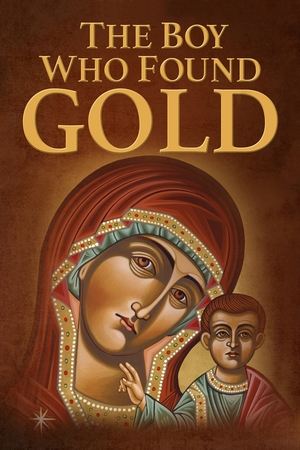 10.0
10.0The Boy Who Found Gold(en)
William Hart McNichols is a world renowned artist, heralded by Time magazine as "among the most famous creators of Christian iconic images in the world". As a young Catholic priest from 1983-1990 he was immersed in a life-altering journey working as a chaplain at St. Vincent's AIDS hospice in New York city. It was during this time that he became an early pioneer for LGBT rights within the Catholic church. "The Boy Who Found Gold" is a cinematic journey into the art and spirit of William Hart McNichols. The film follows his colorful life as he crosses paths with presidents, popes, martyrs, and parishioners, finding an insightful lesson with each encounter. McNichols' message as a priest, artist and man speaks to the most powerful element of the human spirit: Mercy.
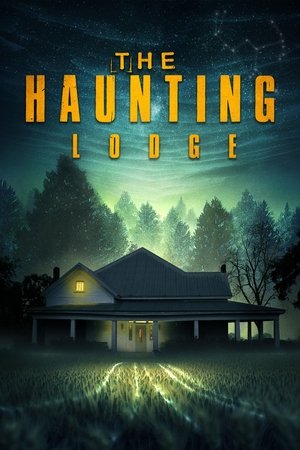 3.0
3.0The Haunting Lodge(en)
Filmmakers stay at a haunted lodge and find themselves in over their heads when they encounter something otherworldly.
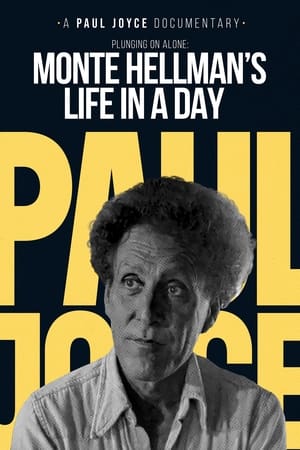 0.0
0.0Plunging On Alone: Monte Hellman's Life in a Day(en)
Monte Hellman was born in 1932. By 1986 he made eight features, but had not directed for six years. I had made as many documentaries, but had not turned a foot of film through a camera for two years. I decided to break the silence by spending a day with him. Nine rolls were loaded into the camera. We talked until either we or the camera ran out.
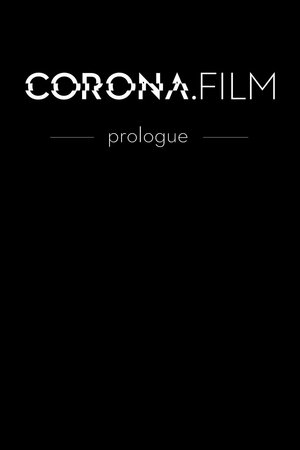 7.9
7.9CORONA.FILM - Prologue(de)
As the first part of our investigation, the CORONA.FILM prologue will delve into the science behind the pandemic. Starting at the very beginning, we shine a light on the responses. The aim is not to point the finger; our aim is to tell the whole story in all its complexity, as we believe that justice cannot prevail if only one side of the story is told.
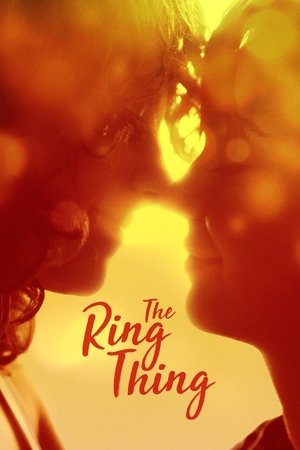 4.0
4.0The Ring Thing(en)
When Sarah accidentally proposes to her girlfriend in Provincetown, the mixup turns their loving relationship into a minefield of marital exploration.
A Day in the Life of French Cinema(fr)
Documentary showing one day of work of over 90 actors and filmmakers from French cinema on the same day. On 27 March 2002, 27 teams filmed actors, directors, producers and technicians at work, from Hawaii to Paris and from New York to Lisbon.
Homo Cinematographicus(fr)
Homo Cinematographicus is a human species whose unit of measurement and point of reference is the cinema and its derivative, television. Filmed at the 1998 Cannes Film Festival, the film offers an unspecified number of statements, talking about memories and a thousand fragments of stories, titles and film scenes, the warp of a gigantic collective Chanson de geste.
 7.5
7.5Control Room(ar)
A chronicle which provides a rare window into the international perception of the Iraq War, courtesy of Al Jazeera, the Arab world's most popular news outlet. Roundly criticized by Cabinet members and Pentagon officials for reporting with a pro-Iraqi bias, and strongly condemned for frequently airing civilian causalities as well as footage of American POWs, the station has revealed (and continues to show the world) everything about the Iraq War that the Bush administration did not want it to see.
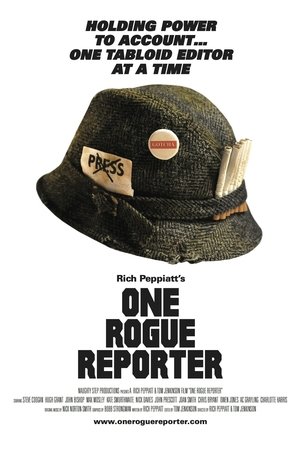 6.0
6.0One Rogue Reporter(en)
Rich Peppiatt delivers a satirical dissection of the newspaper trade by turning the tables on unscrupulous editors. Through a series of mischievous stunts and interviews with heavyweights of journalism, comedy & politics, Peppiatt hilariously exposes the hypocrisy at the heart of modern journalism.
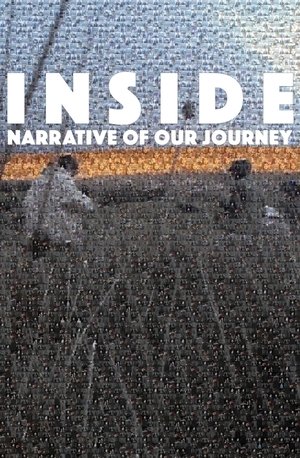 9.5
9.5INSIDE: Narrative of Our Journey(en)
A series of indie filmmakers are documented over the course of a few months throughout the production of their passion projects, as they change professionally and personally; moving closer to the lives they wish to live.
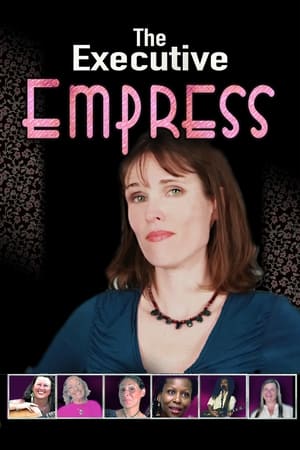 7.0
7.0The Executive Empress(en)
The Executive Empress explores the entrepreneurial lives of several Florida women, who have turned their unique passions into successful businesses.